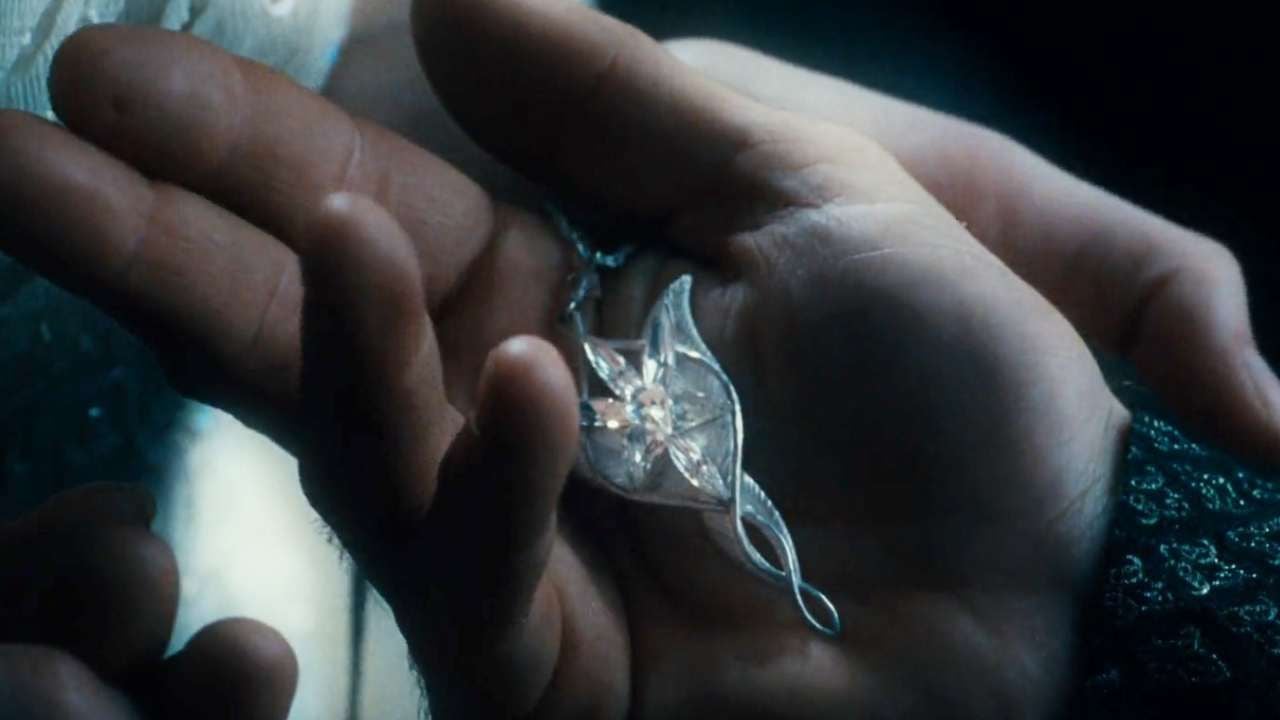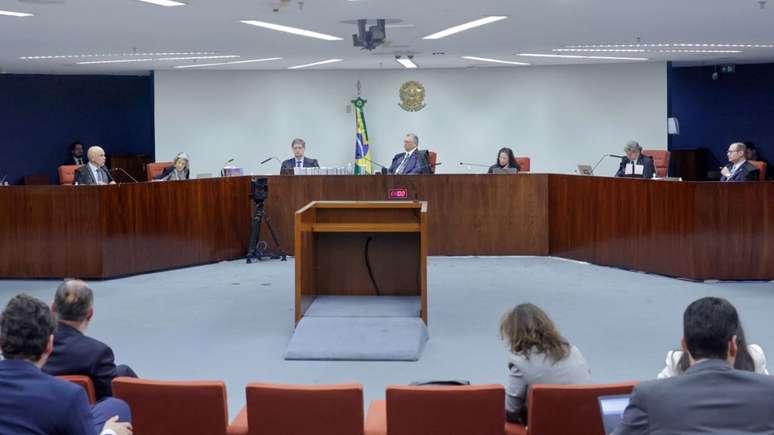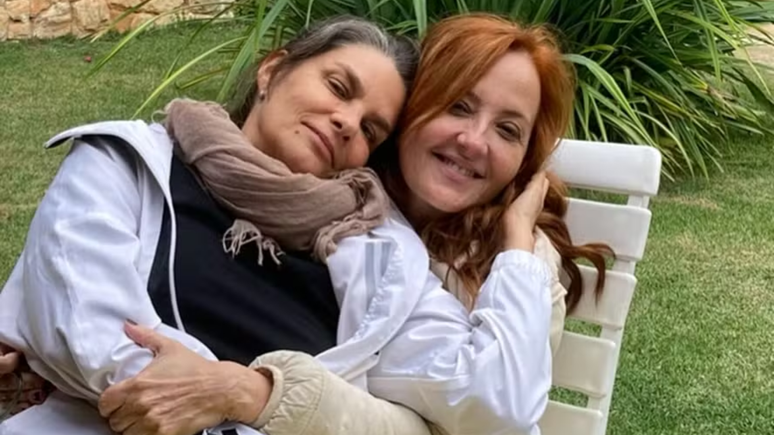Samurai films are a subgenre of Japanese cinema that captivates viewers around the world, with their tales of honor, loyalty, and conflict. Below, we present a list of the top 10 samurai films according to critics, highlighting their plots and contributions to cinema.
It is worth mentioning that the list was compiled using aggregators such as iMDBwhich use reviews from industry experts, which does not necessarily mean that one film is actually better than the other and can also be subjective to each viewer.
10 Best Samurai Movies
Kagemusha, Shadow of a Samurai (1980)
Directed by Akira Kurosawa, “Kagemusha: Shadow of a Samurai” is a masterpiece that explores themes of identity and power. The story revolves around a convicted thief who is recruited to pose as warlord Takeda Shingen after being seriously injured. The film is known for its stunning battle scenes and its detailed depiction of Japan’s Sengoku period. Kurosawa’s cinematography and Shinichiro Ikebe’s score contribute to an immersive cinematic experience.
Sanjuro (1962)

“Sanjuro” is the sequel to “Yojimbo” and is also directed by Akira Kurosawa. The film follows the main character, a skilled and cunning ronin played by Toshiro Mifune, as he helps a group of young samurai fight corruption in their village. “Sanjuro” combines action, humor and social commentary, being acclaimed for its gripping narrative and charismatic characters.
Bloody Throne (1957)

Another masterpiece by Akira Kurosawa, “Bloodstain Throne” is an adaptation of Shakespeare’s “Macbeth” set in feudal Japan. Toshiro Mifune plays Washizu, an ambitious samurai driven mad by a witch’s prophecy. The film is praised for its dark atmosphere, stunning visuals and powerful performances, which cement Kurosawa’s reputation as one of the greatest directors of all time.
The Samurai of the Evening (2002)

Directed by Yoji Yamada, “The Evening Samurai” is an intimate drama centered on the life of Seibei Iguchi, a low-ranking samurai who struggles to care for his two daughters after the death of his wife. The film is acclaimed for its realistic depiction of samurai life and for Hiroyuki Sanada’s moving performance. “The Evening Samurai” stands out for its sensitivity and emotional depth, setting it apart from typical action epics of the genre.
The Hidden Fortress (1958)

“The Hidden Fortress”, also directed by Akira Kurosawa, is an adventure film that follows two peasants as they help a runaway princess and her general cross enemy territory. This film is famous for influencing George Lucas in the creation of “Star Wars”. The dynamic narrative, memorable characters and innovative action scenes make “The Hidden Fortress” a must-see classic.
Yojimbo the Bodyguard (1961)

In “Yojimbo, the Bodyguard”, Akira Kurosawa presents the story of Sanjuro, a ronin who arrives in a town divided by two rival gangs and decides to manipulate both sides to his advantage. Toshiro Mifune shines in the title role, giving an iconic performance. The film is celebrated for its clever script, skillful direction, and its influence on the spaghetti western genre.
Racing (1985)

“Ran” is one of Akira Kurosawa’s last great works and a loose adaptation of Shakespeare’s “King Lear.” The film tells the story of Hidetora Ichimonji, a warlord who divides his kingdom among his three sons, resulting in betrayal and war. With spectacular cinematography and epic battles, “Ran” is a visual and emotional triumph that explores themes of power, loyalty, and tragedy.
Rebellion (1967)

Directed by Masaki Kobayashi, “Rebellion” is a powerful drama about honor and sacrifice. Toshiro Mifune plays Isaburo Sasahara, a samurai who rebels against his lord to protect his family. The film is praised for its gripping narrative, strong performances, and critique of feudal hierarchy. “Rebelião” stands out for the depth of its characters and the tension that builds throughout the story.
Harakiri (1962)

“Harakiri,” directed by Masaki Kobayashi, is a scathing critique of the hypocrisy and cruelty of the Japanese feudal system. The plot follows Hanshiro Tsugumo, a ronin who asks for permission to commit seppuku in a clan courtyard, gradually revealing his true intentions. The film is acclaimed for its innovative narrative structure, masterful direction, and profound themes. “Harakiri” is considered one of the best samurai films ever made, offering a powerful meditation on honor and revenge.
The Seven Samurai (1954)

No list of samurai films would be complete without Akira Kurosawa’s Seven Samurai. This epic tells the story of seven samurai hired to protect a village from bandits. The film is known for its epic battle scenes, character development, and innovative direction. Seven Samurai has influenced countless works over the years and is often cited as one of the greatest films of all time.
No list of samurai films would be complete without Akira Kurosawa’s Seven Samurai. This epic tells the story of seven samurai hired to protect a village from bandits. The film is known for its epic battle scenes, character development, and innovative direction. Seven Samurai has influenced countless works over the years and is often cited as one of the greatest films of all time.
Top 10 Samurai Movies According to Critics appeared first on Olhar Digital.
Source: Olhar Digital
Rose James is a Gossipify movie and series reviewer known for her in-depth analysis and unique perspective on the latest releases. With a background in film studies, she provides engaging and informative reviews, and keeps readers up to date with industry trends and emerging talents.




![Tomorrow Belongs to Us: What’s in store for Wednesday 22 October 2025 Episode 2058 [SPOILERS] Tomorrow Belongs to Us: What’s in store for Wednesday 22 October 2025 Episode 2058 [SPOILERS]](https://fr.web.img6.acsta.net/img/95/64/95643daa3fa690142f3135b300b4ef9d.jpg)


